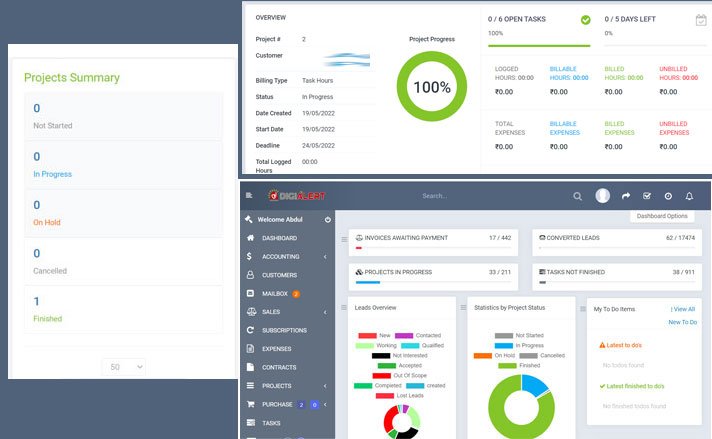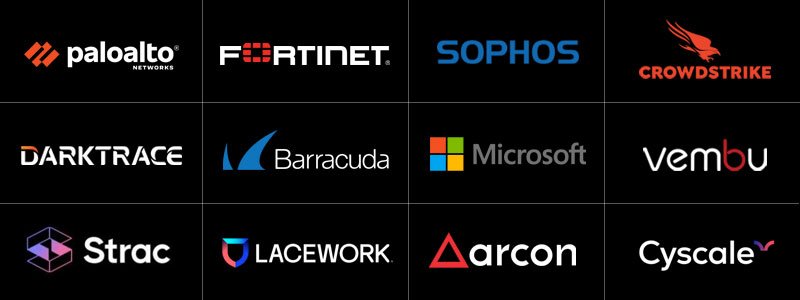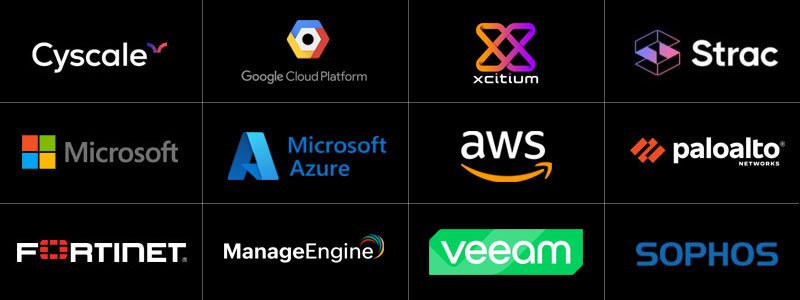Devsecops Implementation
Devsecops Implementation
WHAT IS
Devsecops Implementation
As digiALERT, we understand the importance of implementing DevSecOps within our clients organization. We believe that by integrating security into the development process, we can improve the overall security of our client's systems and reduce the risk of breaches.
We begin by educating our developers on the importance of security and the potential risks that come with neglecting it. We then integrate security testing tools and procedures into our development pipeline, ensuring that all code is thoroughly tested for vulnerabilities before it is deployed.
We also have a dedicated security team that works closely with our developers, providing guidance and support as needed. This team is responsible for monitoring and responding to security incidents and conducting regular security assessments.
In addition to this, we also have a bug bounty program, which encourages outside researchers to report any vulnerabilities they may find in our systems. This helps us stay on top of any potential security issues and ensures that our systems are as secure as possible.
To ensure our compliance with industry standards and regulations, we also conduct regular security audits and assessments and take necessary actions to address any issues that may arise.
Speak to an expert
key features
Devsecops implementation
Types of
Devsecops implementation
As digiALERT, we implement several different types of DevSecOps to ensure the security of our client's systems and products.
-
"Shift-left" approach: security is integrated early in the development process, our developers are trained to think about security from the very beginning, and security testing is integrated into our development pipeline.
-
Automated security testing: using tools and scripts to automatically test for vulnerabilities in our client's code.
-
Continuous monitoring and incident response: Our security team is always on the lookout for potential threats and prepared to respond quickly in the event of a security incident.
-
Regular security assessments: including penetration testing, vulnerability scanning, and compliance audits.
-
Vulnerability disclosure program: Encouraging outside researchers to report any vulnerabilities they find in our systems.
Statistics on
Devsecops Implementation
Speak to an expert
How do we do
devsecops implementation
-
Start by establishing a clear understanding of the organization's security requirements and goals. This should involve input from all relevant stakeholders, including developers, security professionals, and IT operations teams.
-
Implement security testing and monitoring tools that integrate with the organization's existing development and IT operations processes. This will help to ensure that security is integrated throughout the entire software development lifecycle.
-
Encourage collaboration and communication between development, security, and operations teams. This can be achieved through regular meetings, shared documentation, and other communication channels.
-
Establish clear roles and responsibilities for security in the organization. This includes identifying key security personnel and ensuring that they have the necessary resources and support to be effective.
-
Continuously monitor and assess the organization's security posture, and make adjustments as needed. This will help to ensure that the organization stays ahead of emerging security threats and vulnerabilities.
-
Finally, it is important to adopt a culture of security and make security a top priority for everyone in the organization. This includes providing training and education for employees, and encouraging them to report any security incidents or suspicious activity.
WHY DEVSECOPS IMPLEMENTATION
WHO NEEDS DEVSECOPS IMPLEMENTATION
DevSecOps is a crucial practice for organizations today because it helps to ensure that security is integrated throughout the entire software development lifecycle. This is important because it helps to prevent security vulnerabilities from being introduced into systems and applications, and can help to detect and remediate them more quickly if they do occur.
The need for DevSecOps is driven by the rapid pace of technology change and the increasing use of digital technologies in business. As organizations adopt new technologies and digital platforms, they are also creating new attack surfaces that can be exploited by cyber criminals. DevSecOps helps to mitigate these risks by ensuring that security is built into systems and applications from the start, rather than being an afterthought.
How often is Devsecops implementation recommended
When it would be performed
DevSecOps, or Development, Security, and Operations, is a methodology that integrates security into the software development life cycle (SDLC). It aims to improve the speed and efficiency of software development while also increasing the security of the resulting software. The goal of DevSecOps implementation is to ensure that security is built into the software from the start, rather than being tacked on as an afterthought. This can be achieved through the use of automated tools, continuous testing, and collaboration between development and security teams. DevSecOps is recommended to be implemented as early as possible in the development process, as it can help identify and fix security issues before they become a problem. It is also recommended to be implemented continuously throughout the development process, as new security threats and vulnerabilities may arise at any time.
Speak to an expert
How are we
unique
- We offer a comprehensive DevSecOps implementation process that includes all the necessary steps from planning to execution.
- Our team has extensive experience in implementing DevSecOps practices for various industries.
- We provide customized solutions to meet the unique needs of each organization.
- Our approach to DevSecOps implementation focuses on continuous integration, testing, and delivery.
- We offer training and support to help organizations adopt DevSecOps practices effectively.
- Our team uses tools and techniques to automate the implementation process, reducing the time and effort required.
- We provide regular check-ins and progress updates to ensure that the implementation is on track.
- We offer a full range of DevSecOps services, including security testing, automation, and monitoring.
- We have a proven track record of successful DevSecOps implementation for multiple clients.
- Our team of experts is available to provide guidance and support throughout the implementation process.













 ISO/IEC 27001:2022
ISO/IEC 27001:2022 ISO/IEC 27001:2022
ISO/IEC 27001:2022 ISO/IEC 20543:2019
ISO/IEC 20543:2019 ISO/IEC/IEEE 29119-5:2024
ISO/IEC/IEEE 29119-5:2024 CSA Certificate
CSA Certificate Incorporation
Incorporation Makeinindia
Makeinindia Authorized partner
Authorized partner MSME Chennai
MSME Chennai digiALERT Tan
digiALERT Tan GST Chennai
GST Chennai Pancard
Pancard Amended GST
Amended GST